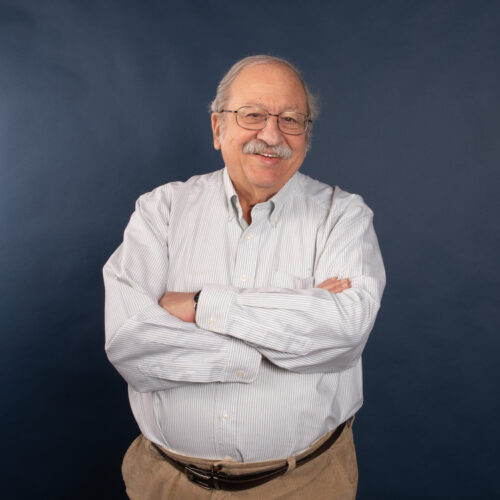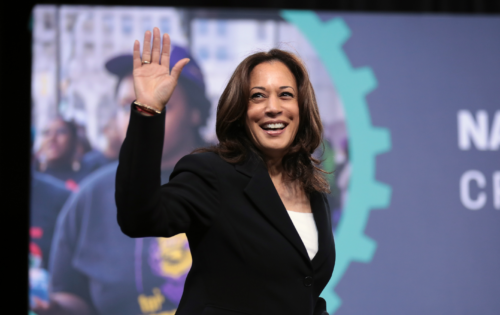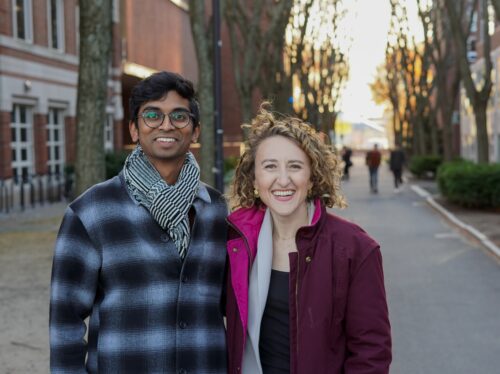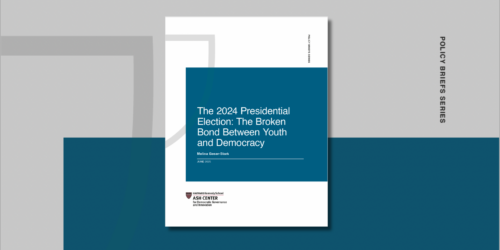Remember when John Kerry was running for President in 2004? Kerry had learned to deal with real adversity in both combat and in public opposition to the war of which he was a veteran. But he could never tell his own story: what lived experiences had moved him to make the choices he had made. So, the Swift Boat Veterans for the Truth (SBVT) told their version of his story for him.
By 2016, Hillary Clinton had also learned to deal with real adversity, public and personal, yet she chose a life of courageous public service. She also could never tell her story, so her opponents claimed authorship of her story, contributing to her undoing.
They were two courageous, committed, and effective public leaders, both ready to show us what they had done, but unable to show us why, who the person was who did all this, and where they got the values that motivated their choices. What are their values? Why did they care enough to risk failure? Where did they get hope that they might succeed? And when they did fail, why didn’t they give up? And since this is about leadership, how did they bring out our better angels, build common ground among us, turn our fears into hopes, and find the courage to act? Ultimately could we trust them? Could we trust ourselves? Could we trust each other?
Although eminently qualified for the positions they sought, both people lost their bids for political leadership. Not because of who they were, but in large part because we didn’t know who they were.
As we quickly approach the pivotal November election, as Kamala Harris introduces herself to the American public, and as the Democratic Convention looms, the greatest strength she alone can bring is not a new policy proposal, not another online meme, and not more scary rhetoric of the undeniable danger of a second Trump Presidency. What she needs to do — and could do — is to share her own story, allow us to see who she really is, and show us why we can invest her with the awesome power of the American Presidency.
What could this have to do with storytelling?
Storytelling in the service of leadership — what I call public narrative — is not, as one of my students put it, how to apply a gloss from the outside. It is how to bring out the glow from the inside. It is not packaging a person’s appearance as a brand the way the professional message merchants who run today’s campaigns do. It is a practice a person learns. One that we all learn as children: we feel the experience of being confronted with disruption, of having to choose how to respond (or not), and of experiencing the outcome. The story teaches a “moral,” a lesson. Because we can identify empathically with the protagonist, the moral it teaches is to the heart. And we begin to learn who a person is, what values drive their choices, and whether they have grown the character to wisely use the authority they are asking us to give them. It is a way to share who they are, reminding us of who we are, and why we must choose to act now: a story of self, a story of us, and a story of now. And this year, the outcome of the election could well depend on whether Kamala Harris can tell us this story.
In the summer of 2007, at the first Camp Obama, in Burbank, California, my colleagues and I introduced the practice of “public narrative.” We had learned to share this practice rooted in decades of social movement organizing, learning from this experience, and learning to teach from it as leadership at the Harvard Kennedy School.
When people arrived at Camp Obama, they expected to learn how to tell Obama’s story. He was already pretty good at that, we responded. What the people volunteering in the Obama campaign could learn was how to tell their own stories, why they were there, why they gave up precious hours to be there, and why they chose to support him in the first place. It turned out to be an opportunity to turn all the slogans, ads, soundbites, and tweets into real, relational, lived experiences, which even the best AI cannot fully fake because it is felt, not just heard.
I began this essay by citing the adversity Kerry and Clinton had faced, why they had overcome it, what they may have learned from it, what we could learn from it and, most importantly, what we can learn from it about them. Equipping ourselves to deal with adversity, even learn from it, rather than allowing ourselves to be crushed by it, is a critical challenge for all of us. How to deal with suffering is the key question to which most of our faith traditions respond. So, sharing the moments of adversity with which we had to deal is not telling sob stories, but can be a bridge to the experience of others, an empathetic experience, the kind of experience that makes value real. Adversity is a reality and can become contaminative (we will always be victims) or redemptive (we can find the courage to learn from it). On the other hand, it can crush us as we become consumed with blaming someone else for it, or so fearful we may strive to avoid it at all costs — leaving us dependent on a savior leader who can protect us.
Kamala Harris’s life experience has much to teach us about how to deal with adversity and not be defined by it. Whether it be managing diverse identities and distinct cultures, growing up as the child of immigrants, navigating one’s private and public life; confronting the challenges of caring so much about justice and injustice, or becoming #2 when you’re used to being #1. More than telling us she “knows Donald Trump’s type” from years of prosecutorial experience, Harris needs to tell us why she stepped out of the role of an assertive and skilled prosecutor to accept the responsibility for the wellbeing of an entire country. When your opposite is a crook, the prosecution narrative is very appealing. but Harris is not running for DA. She is running for President. A President doesn’t only correct past wrongs. A President — at least the President we need — must enable us to work together in building a secure, just, and hopeful future.
Leadership does matter. Focusing only on policy differences, or the weirdness of the opposition misses the significance of morally, politically, and performatively credible leadership. What we need is not domination or manipulation but leadership. The fact we cannot forget the image of President Biden’s face has nothing to do with policy. But it had everything to do with his effort to demonstrate his motivation and capacity to lead. While he certainly has been a person of courage and integrity — his choices to meet life’s many challenges and tragedies are evident — the face we saw in the final months of his campaign showed neither — which is why he had to make the brave decision to step aside.
Policy professionals, especially Democratic ones, frequently make the mistake of thinking that people decide to vote or not or how to vote based on policy issues. Most people are moved by a felt understanding of what is at stake in terms of their own lives, those of their families, and the lives of others for whom they care: security, respect, and efficacy to begin with. And stories stick because they instruct the heart, not merely the head. A storyteller’s capacity to communicate — or recreate — present-tense emotional experience instructs. The resumes, the CVs, the lists of great deeds, the descriptions of policy — they all speak to the head. They inform but do not move. Stories, on the other hand, communicate a far deeper truth, a felt truth, about both the storyteller and ourselves. And, as St. Augustine observed, “It is one thing to ‘know’ the good, and quite another to ‘love’ it. It is the love that can move us to pursue possibly risky action to achieve real change.”
Can a person who is asking us for our trust exhibit the integrity it merits, the courage it demands, and the efficacy it requires? A person who can effectively prosecute crooks matters, especially when the opponent is undoubtedly a criminal, but that alone is not enough to be a President. And relying on fear of Trump — with its reactive, risk-averse defensiveness — is not enough either. Harris and her team must overcome the fear of allowing voters to see the sources of her caring, her vulnerabilities, and her courage — to see her. Rather than leaving the “person” space blank so others can fill it in based on their agenda, not her own.
The stakes are too high in this election for Kamala Harris to leave the telling of her story to the opposition, and after the exhilaration of these last few weeks past, and the memes have dissolved as they always do, what will last is how Harris tells the American public who she is and why she is the one who can bring us together to fight for a secure, just and hopeful future we can envision.







